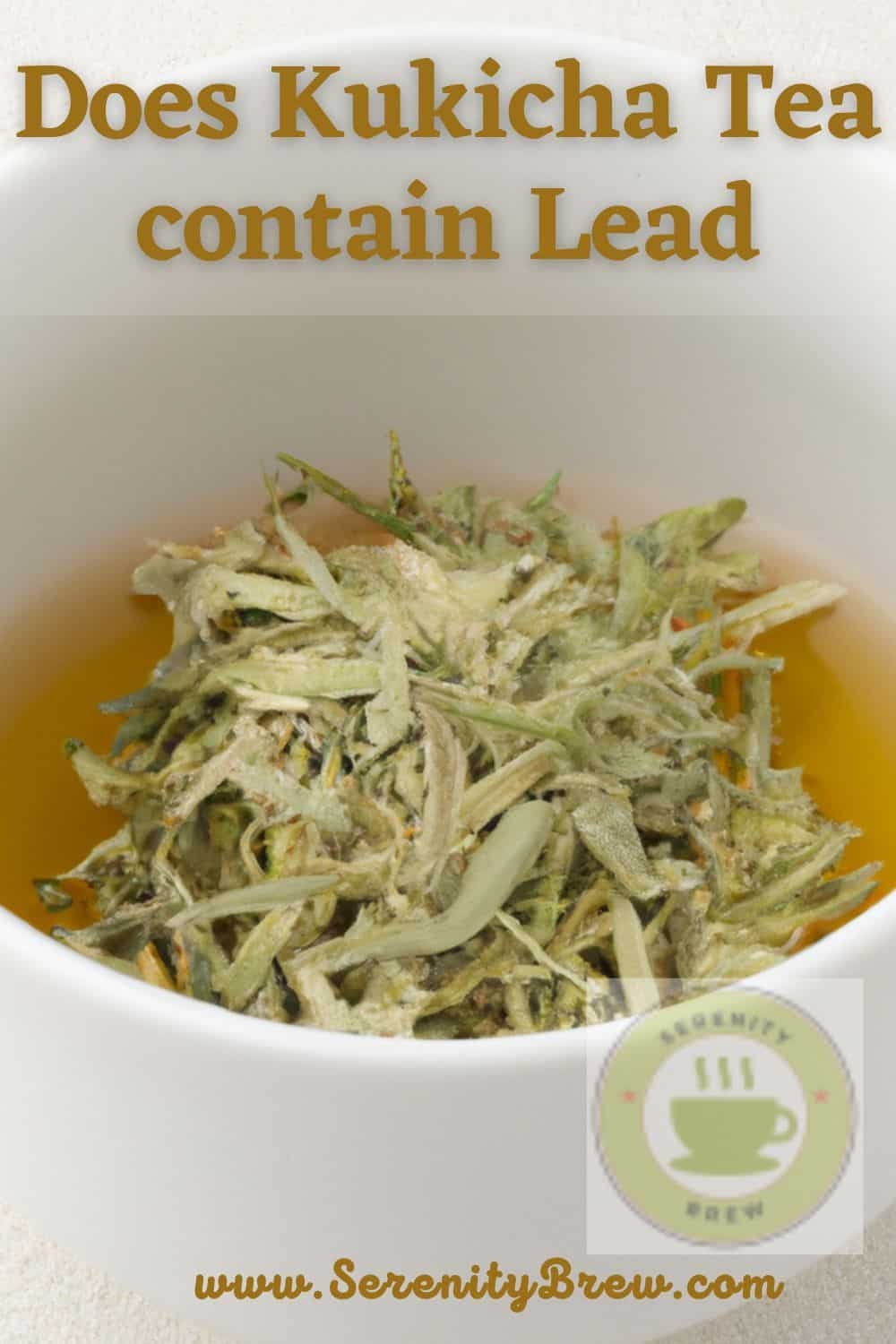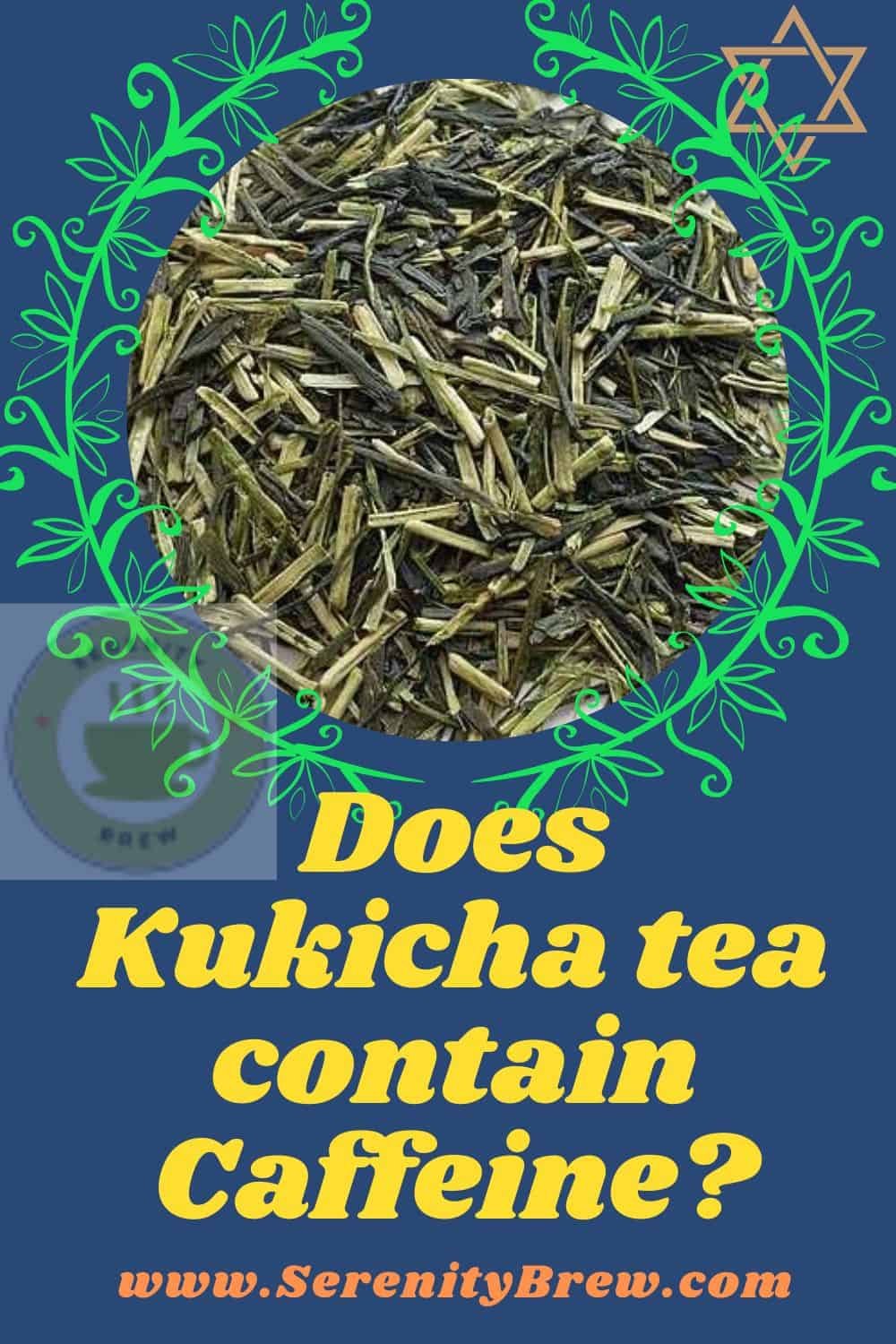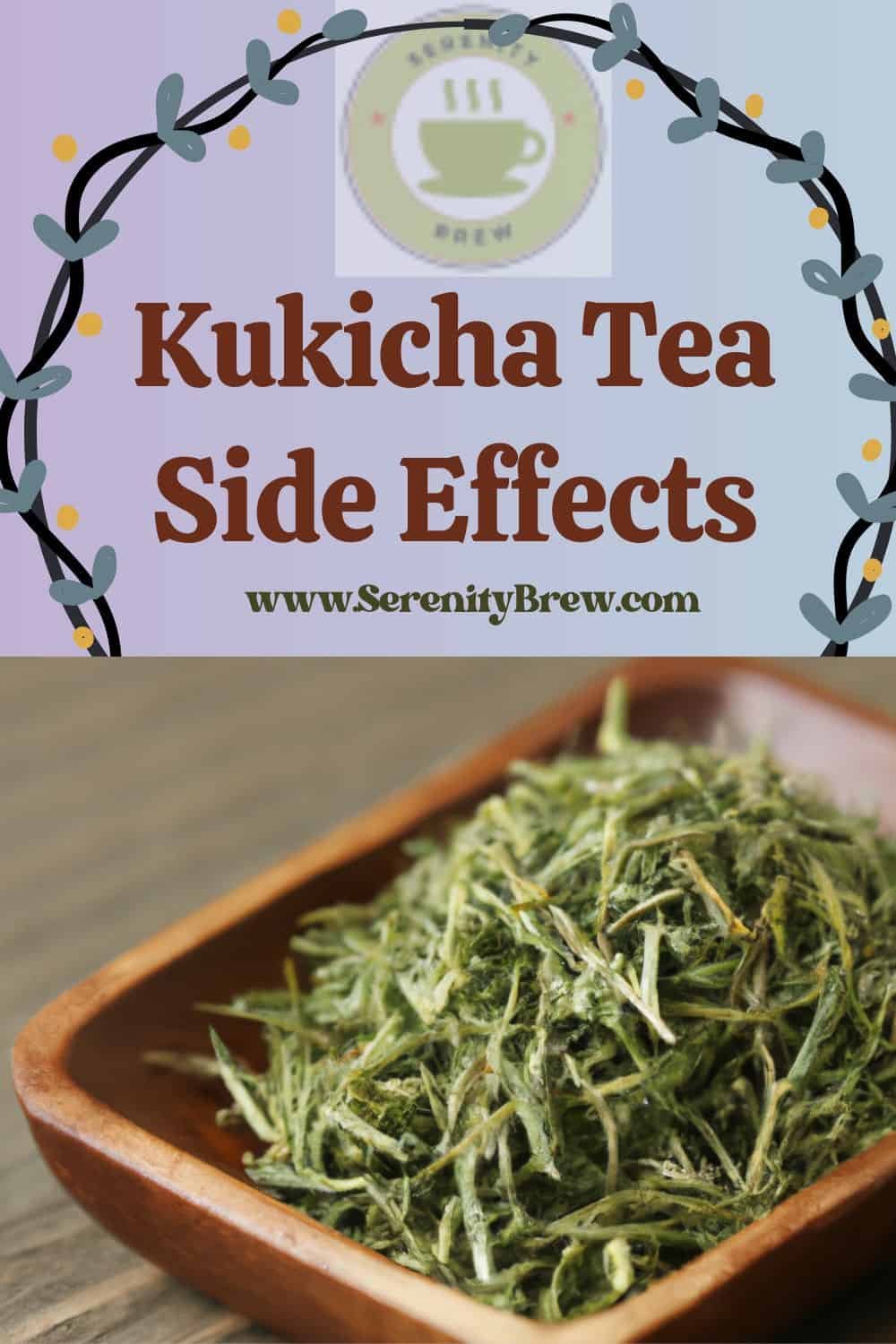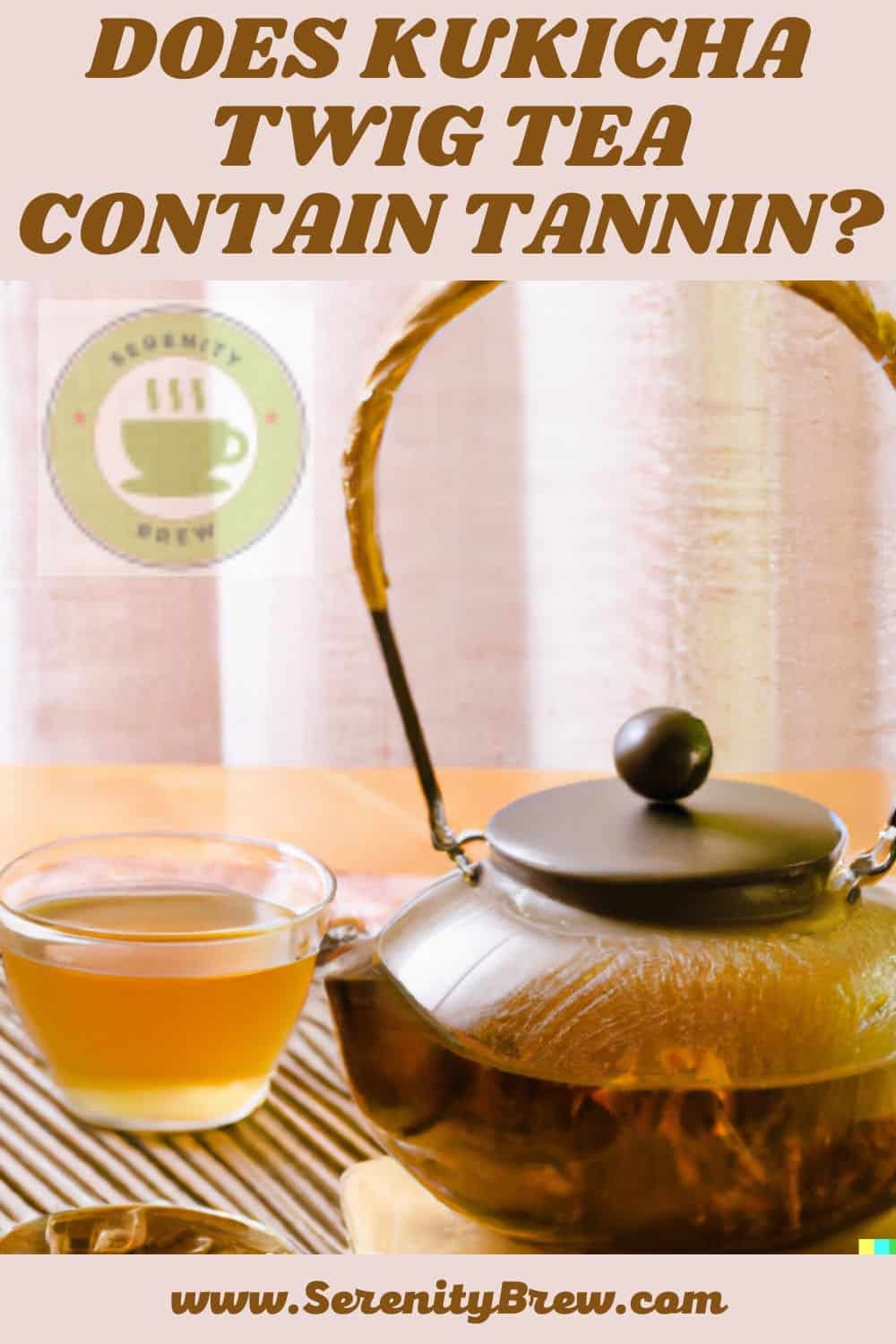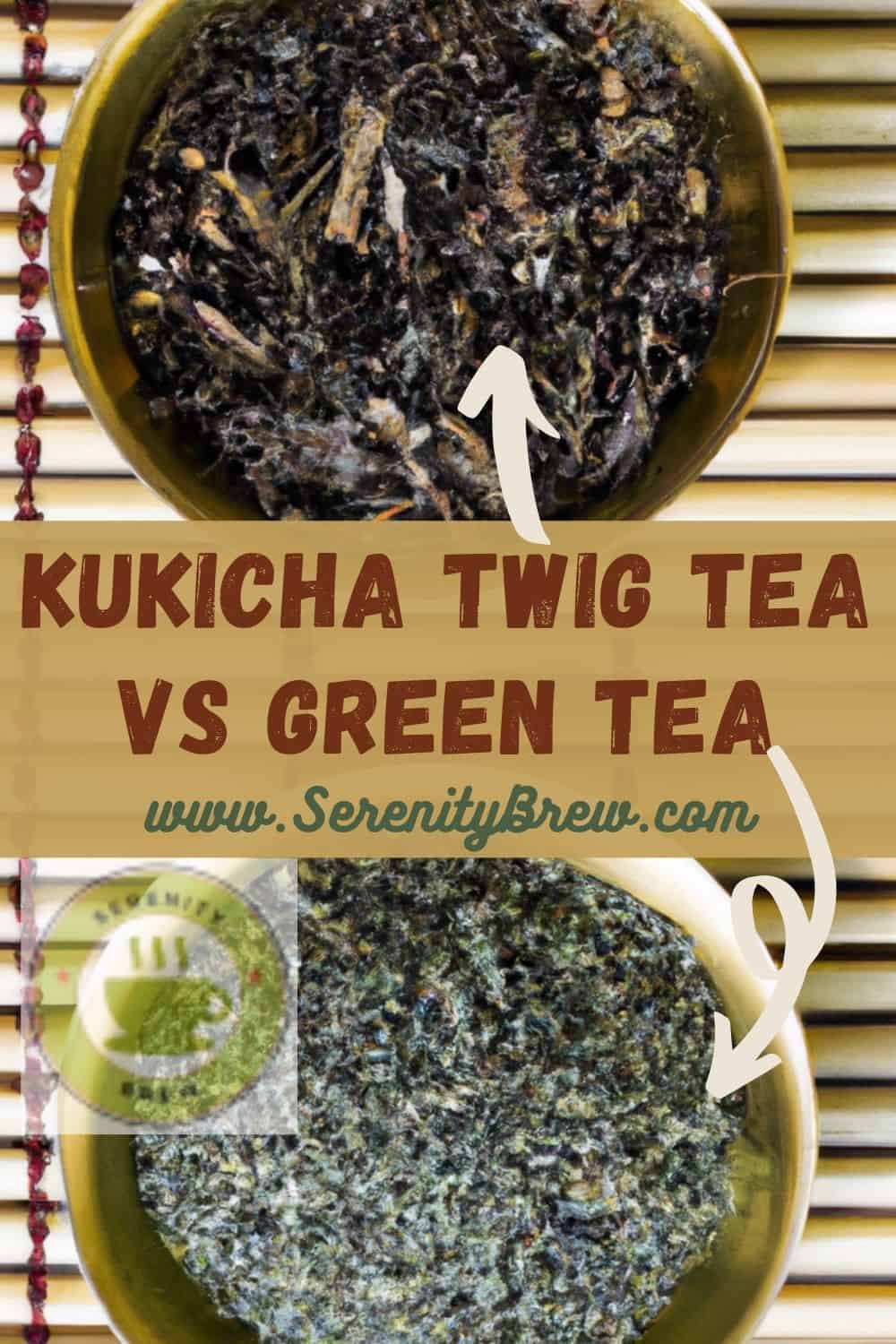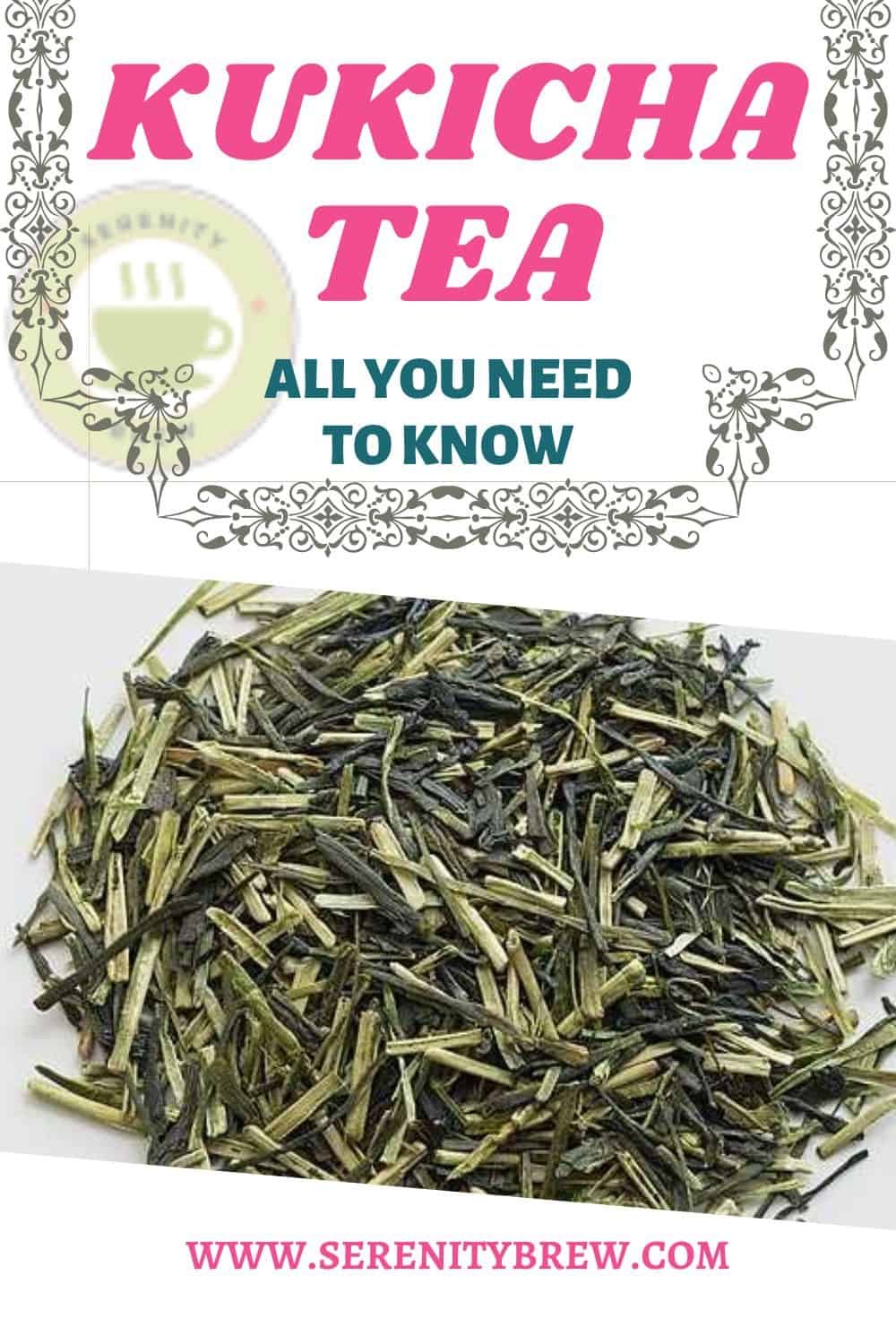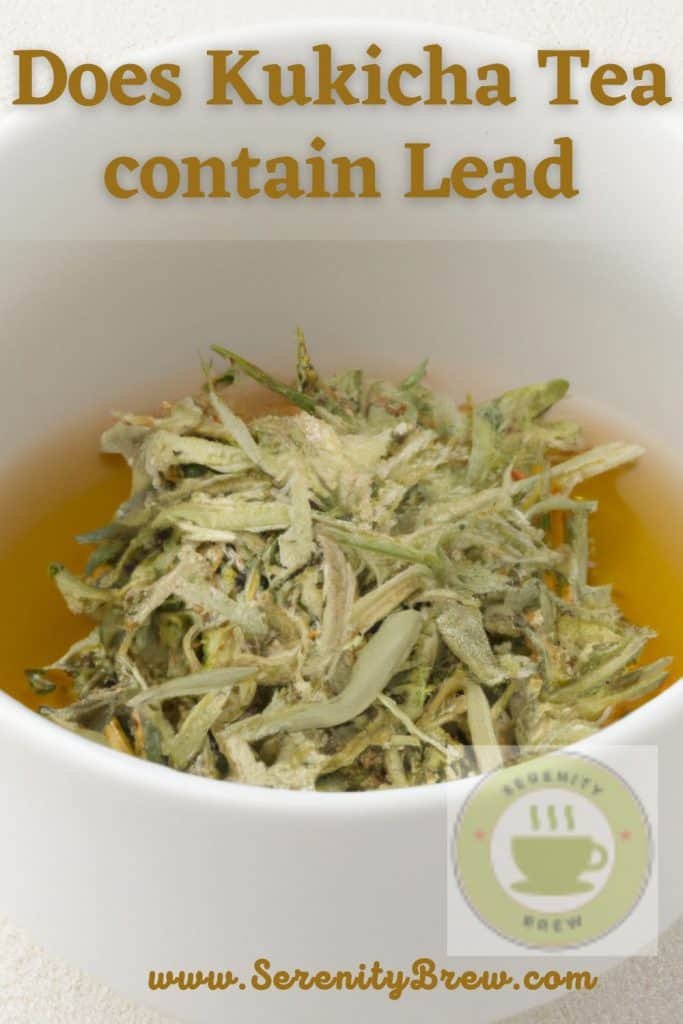
Kukicha tea, also known as twig tea or bōcha, is a type of green tea made from the stems, stalks, and twigs of the Camellia sinensis plant. One concern that has been raised about kukicha tea is the potential for it to contain lead.
Lead is a toxic heavy metal that can be found in a variety of sources, including soil, water, and certain types of food. Long-term exposure to lead can have serious health effects, including damage to the nervous system, kidneys, and reproductive system. Children are particularly vulnerable to the effects of lead exposure, as their developing brains are more susceptible to damage.
The question of whether kukicha tea contains lead is a complex one, as the answer depends on a number of factors, including the location where the tea is grown, the methods used to produce it, and the specific brand of tea being consumed. In general, it is believed that the risk of lead contamination in tea is relatively low, as the tea leaves are typically grown in areas with low levels of lead in the soil. However, there have been instances where tea has been found to contain high levels of lead, particularly when it is grown in areas with heavy industrial pollution or when it is produced using contaminated water.
In order to determine whether a specific brand of kukicha tea contains lead, it is important to look at the results of independent laboratory testing. There are a number of organizations that test tea for contaminants, including the U.S. Food and Drug Administration (FDA) and the European Union (EU). These organizations have established guidelines for the maximum allowable levels of lead in tea, and they regularly test tea products to ensure that they meet these standards.
While it is difficult to say definitively whether kukicha tea contains lead, it is important to note that the majority of kukicha tea available in the market are grown in Japan and are very well regulated by Japanese Government and Japanese Tea Industry association and are known for their strict quality control standards. Many brands of kukicha tea have been tested and found to be within safe levels of lead.
However, it is important to note that some older studies did found lead levels in tea to be higher than what is considered safe. It is also important to note that lead can be found in the environment and can accumulate in the leaves of Camellia sinensis plant, which is used to make tea, but the levels found are usually low.
Sources of Lead contamination for Kukicha tea
- Soil Contamination: Lead can be found in soil as a result of natural deposits or from industrial pollution. When tea plants are grown in soil that is contaminated with lead, the lead can accumulate in the leaves of the plant.
- Water Contamination: Lead can also be found in water as a result of industrial pollution or from lead pipes. When tea plants are watered with contaminated water, the lead can accumulate in the leaves of the plant.
- Air pollution: Lead can also be found in the air as a result of industrial pollution or from leaded gasoline. When tea plants are grown in areas with heavy air pollution, the lead can accumulate in the leaves of the plant.
- Processing and packaging : Lead may also contaminate tea during processing or packaging. For example, if lead-based ink is used to print on tea packaging, or if lead-containing materials are used in the production of tea processing equipment.
It is important to note that while lead can accumulate in the leaves of Camellia sinensis plant, the levels found are usually low. Additionally, many of the kukicha teas available in the market are grown in Japan, and are very well regulated by the Japanese Government and Japanese Tea Industry association, and are known for their strict quality control standards.
It’s always best to check the lab test results of the specific brand of tea you are considering purchasing to confirm that it is free of lead.
Some reputed brands of Kukicha tea
- Ippodo Tea: This Japanese tea company has been in business for over 300 years and offers a wide variety of high-quality green teas, including kukicha. They are known for their strict quality control standards and have been certified by the JAS for their organic teas.
- Manna Organics: This Australian tea company offers a wide variety of organic teas, including kukicha. They are committed to sourcing teas from small, sustainable farms, and their teas are certified by the Organic Food Chain (OFC).
- Rishi Tea & Botanicals : This company is also American and offers a wide range of teas and botanicals. They are committed to sourcing teas from sustainable and organic farms, and their teas are certified by the USDA and Rainforest Alliance.
In conclusion, while it is difficult to say definitively whether kukicha tea contains lead, it is generally believed that the risk of lead contamination in tea is relatively low. The best way to determine whether a specific brand of kukicha tea contains lead is to look at the results of independent laboratory testing. It is also important to note that while some older studies did found lead levels in tea to be higher than what is considered safe, many of the kukicha teas available in the market are grown in Japan and are very well regulated and are known for their strict quality control standards.
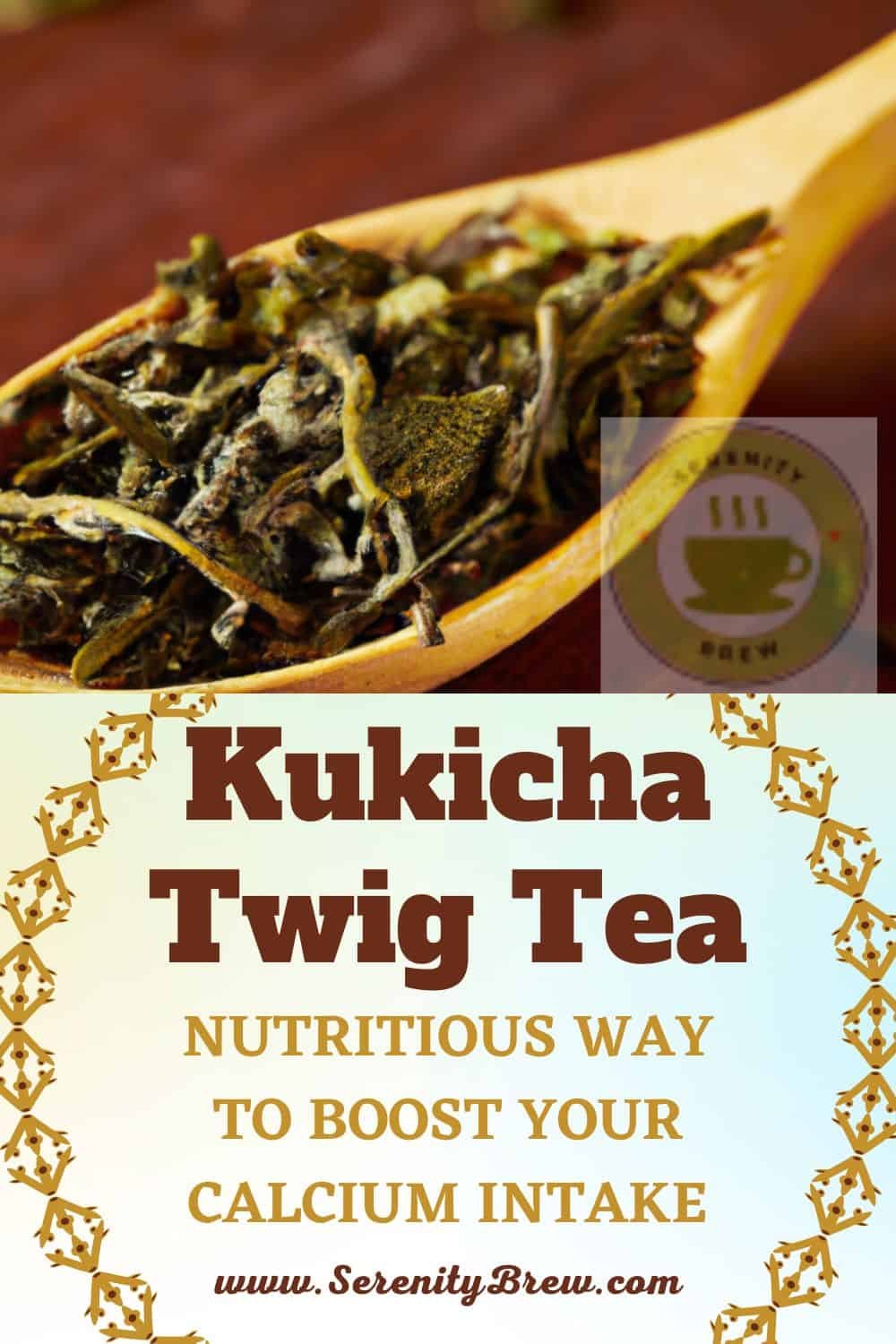 | 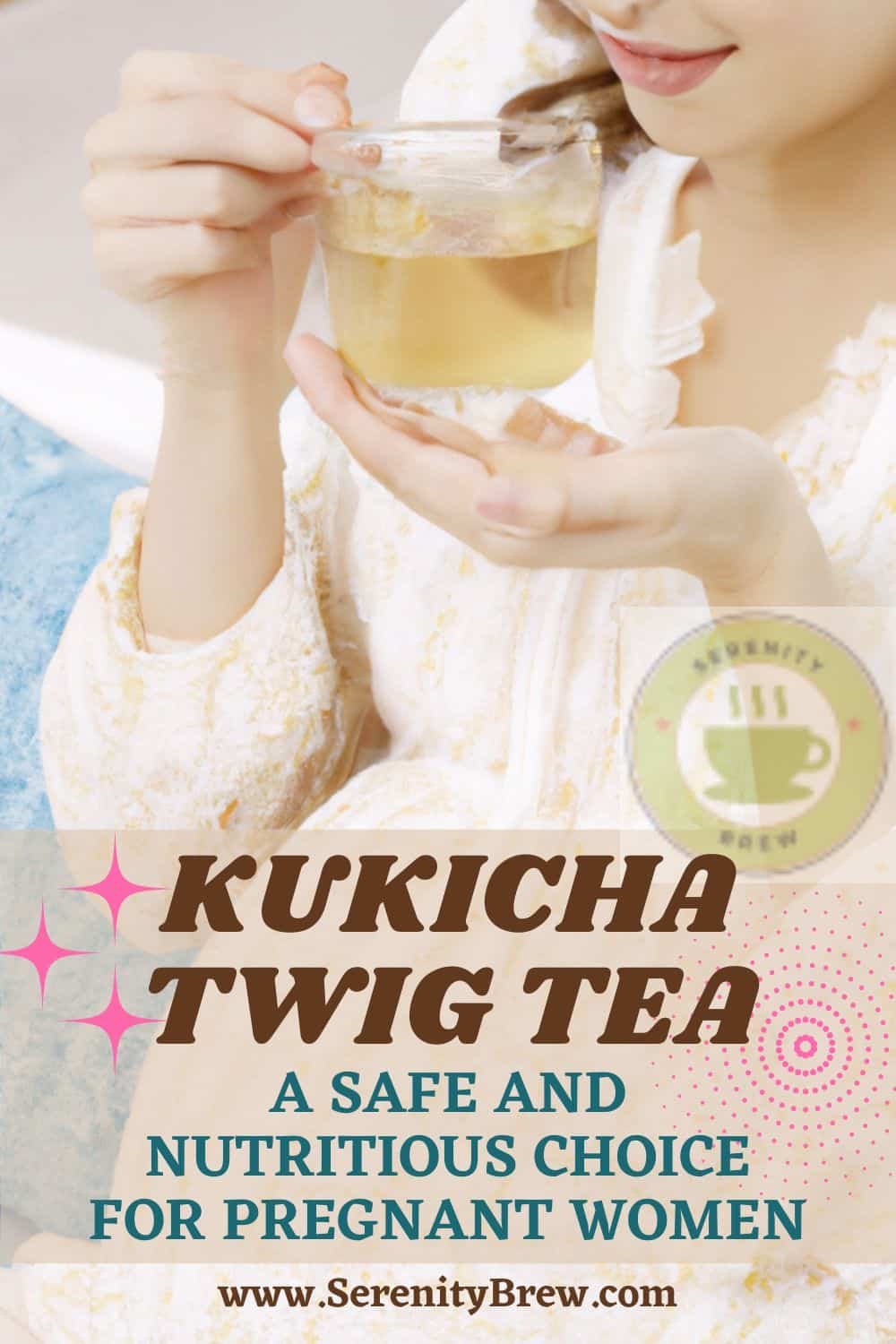 |
| Kukicha Twig Tea: nutritious way to boost your Calcium intake | Kukicha Twig Tea: A Safe and Nutritious Choice for Pregnant Women |

